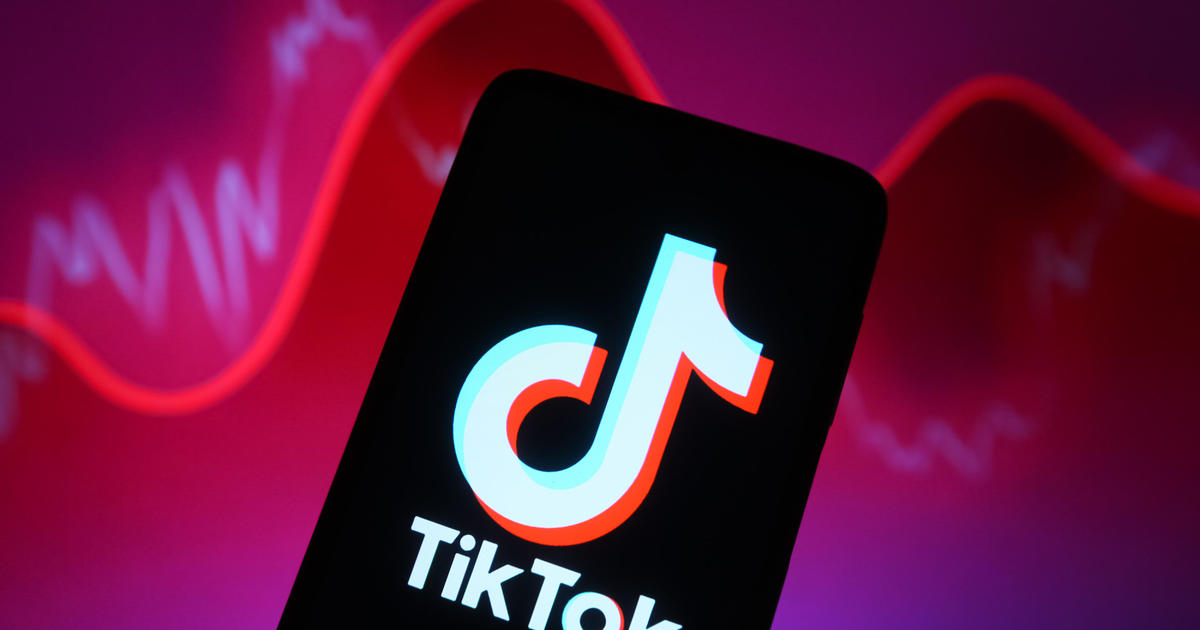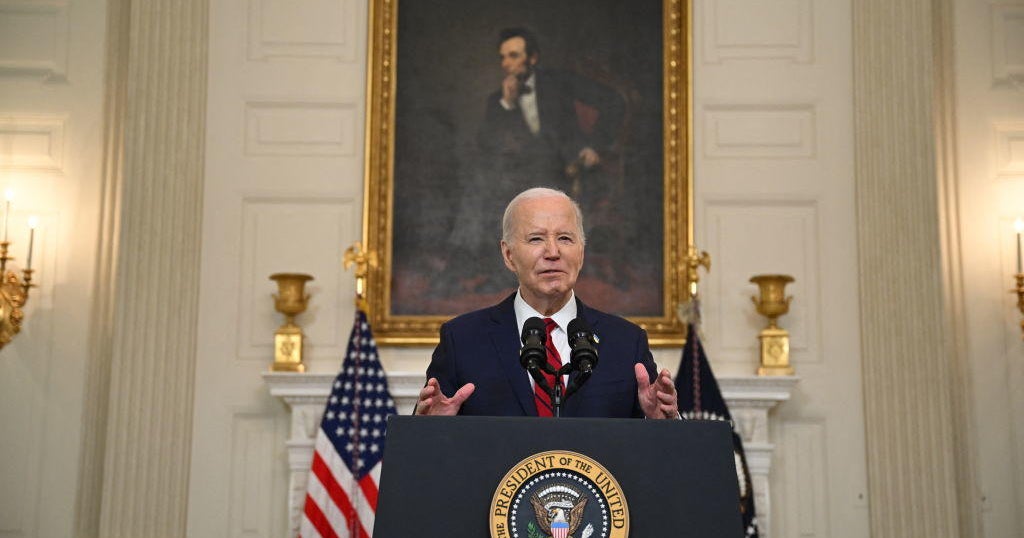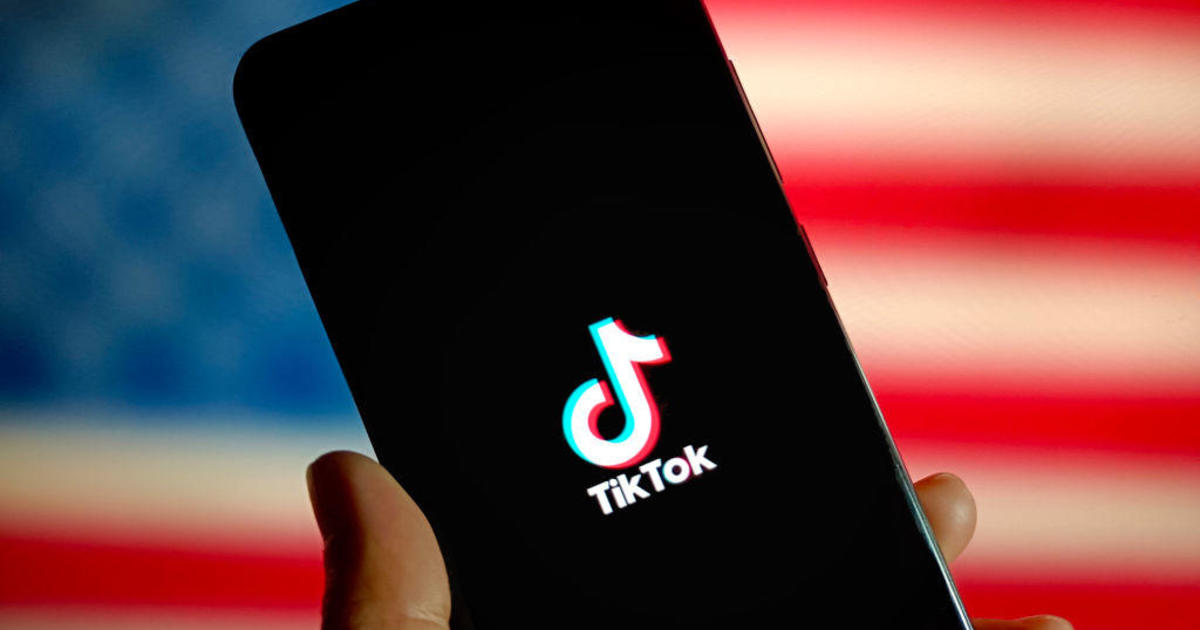How social media has changed the U.S. Congress
As modern election campaigns blaze an ever-growing digital trail, experts warn that the political power of social media is reaching far beyond the ballot box.
Every seat in the House of Representatives and about a third of the Senate will be contested in Tuesday's midterm elections. In the final stretch leading to Election Day, concern has emerged that social media not only plays a role in political campaigns, but in the behavior and decision-making of some American legislators.
"I would certainly say that the platforms are an existential threat to American democracy," said Jonathan Haidt, a social psychologist and professor of ethical leadership at New York University's Stern School of Business. "It's not a good versus evil story. It's a question of changed ecosystems in which democracy can't grow and thrive."
Haidt has been studying these ecosystems—platforms like Twitter and Facebook—for almost a decade. He spoke with 60 Minutes correspondent Bill Whitaker about his research into the impact of social media on the democratic process; Haidt said the data he's collected shows a link between the increase in social media and a decline in a functioning democracy.
- Social media's role in America's polarized political climate
- Social media ethicist says regulation goes beyond moderating content
These platforms, he explained, though varied in ownership, content, and algorithms, measure success in the same way: engagement. A successful online platform is one that holds your attention, and a successful online presence is one that sparks engagement: likes, shares, retweets, favorites, or comments.
The problem, according to the NYU professor, is that the most effective way to build a successful social media presence is by sharing content which criticizes political opposition. According to a 2021 report published in the Proceedings of the National Academy of Sciences, a social media post is 67% more likely to be shared with every word attacking one's political opponents. The study found that across multiple datasets, the main catalyst of engagement was anger. In other words, animosity sparks engagement; inciting anger is the most effective way to build a successful online profile.
"That just sounds like," Whitaker asked, "anger is a built-in feature of these social platforms?"
"That's right." Haidt answered, "That statistic comes from a study [which] found that if you take a Tweet and you put in words of moral condemnation, that Tweet will go further."
Professor Haidt is particularly worried about the effect of these perverse incentives on our elected leaders. The last decade has shown not only a rise in online posts by members of Congress, but, according to a 2022 study from the journal of Social Psychological and Personality Science, it's shown a 23% increase in incivility in the content Congress members are posting on Twitter. According to a 2020 Pew Research study, U.S. congresspeople and their staffs reach over a quarter billion people online, creating over 100,000 posts with tens of millions of reactions each month.
And, Haidt says some members of Congress have become so responsive to Twitter, it's beginning to warp their behavior and in some cases, deter them from doing their job.
"The US Constitution was constructed by James Madison to literally pit different ideas against each other in an organization where they have to reach agreement. They have to compromise," Haidt told 60 Minutes. "So, when the senators are not talking to each other, they're talking at each other to perform for their Twitter audience, Madison's whole design goes out the window."
Jonathan Haidt pointed to an example from March 2022 during the confirmation of now-U.S. Supreme Court Justice Ketanji Brown Jackson. It was reported that after a particularly fiery exchange with a Democratic counterpart, Senator Ted Cruz was seen searching his own name on Twitter to see his mentions.
Haidt says this kind of performance can be seen in a series of what he calls "stunts" taking place over the last decade at State of the Union Addresses. He traces the behavior of our legislators from the 2009 "You Lie" incident during the speech of former President Obama, up through the 2020 ripping up of then-President Trump's speech documents by House Speaker Nancy Pelosi. Speaker Pelosi's paper-shredding moment went viral, with GIFs, articles, and a Twitter hashtag, #NancytheRipper.
"That's the way things are now," Haidt said. "And, as long as our political life, our public square, our democratic debate is carried out on Twitter and Facebook, I don't think we can succeed."



